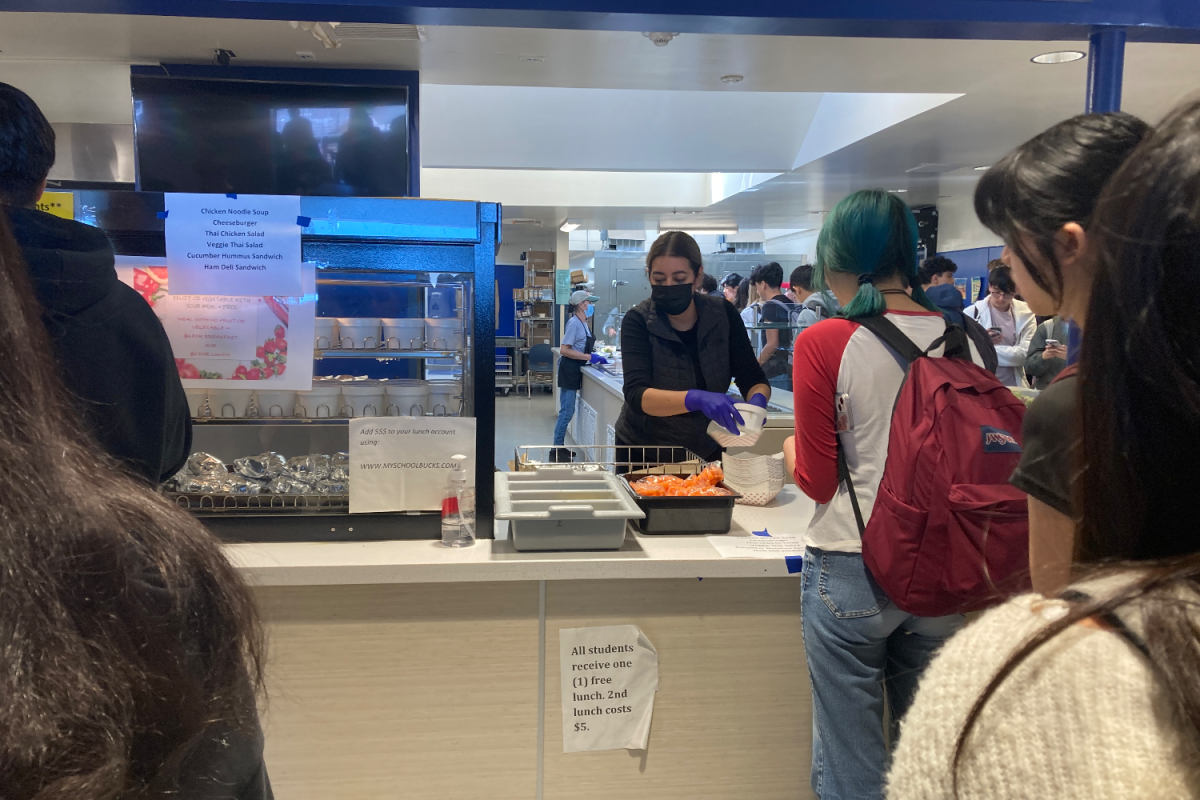Be it a huge fast food chain or a small barbershop, tipping is everywhere. However, only about one third of Americans say that it’s easy to determine when or how much to tip, according to Pew Research Center.
While society differs in opinions on deciding when it is appropriate to tip, the practice is technically optional.
“It’s to ensure that business owners provide the best service possible because they can’t really monitor all the interactions that happen between their employees and customers,” said Carlmont Introduction to Business teacher John Rowe. “It’s the ultimate way to ensure that their customers are getting good service.”
Individual tipping allows good servers to earn much more than they would from minimum wage, according to Rowe. Pooled tips policies often cause higher-tipped employees to retain less than they could have earned alone, especially in restaurant settings.
One of the places where tipping is most clearly considered a compulsory obligation is restaurants, where, according to Rowe, there is a clear expectation that people tip at the end of their meal.
“From an economic standpoint, it hasn’t been a good decision for most restaurants to say that they’re going to integrate tips because they will lose all their best servers,” Rowe said.
On the other hand, customers face their own dilemma. A lack of clearly defined “social etiquette rules” for tipping leaves some people with different opinions about where tipping is appropriate and what tip amount should be considered the standard.
“I don’t think fast food or places where you can get services quickly should have tipping,” said Carlmont senior Neena Nair.
According to Nair, tipping is not necessary unless an employee has provided exceptionally good service.
“I’ve seen options for 40% and 50%. You don’t need to pay that much for something like a chicken sandwich and some fries,” Nair said.
For some, there is a clear social pressure to always leave a tip.
“When I was 12, my sister and I didn’t have enough to tip at a restaurant, and the server implied that we were missing something,” said Carlmont sophomore Lea Christensen. Christensen was surprised by how she and her sister felt pressured to tip despite their age.
Some are in favor of tipping due to the social implications it holds.
“It’s certainly provided that it’s part of the service. If you can’t afford to tip, then you need to consider going to a different establishment or going less often so that you’re not being rude,” Rowe said.
Others, like Christensen, say that people’s financial situations shouldn’t define where they can go.
“People who can’t afford it can be looked down on or criticized for not tipping,” Christensen said.
While customers are ultimately the ones who decide whether or not to tip, the service industry is still dependent on their customers.
“The American tipping system puts the burden on the employee if the customer doesn’t tip properly,” Rowe said.












